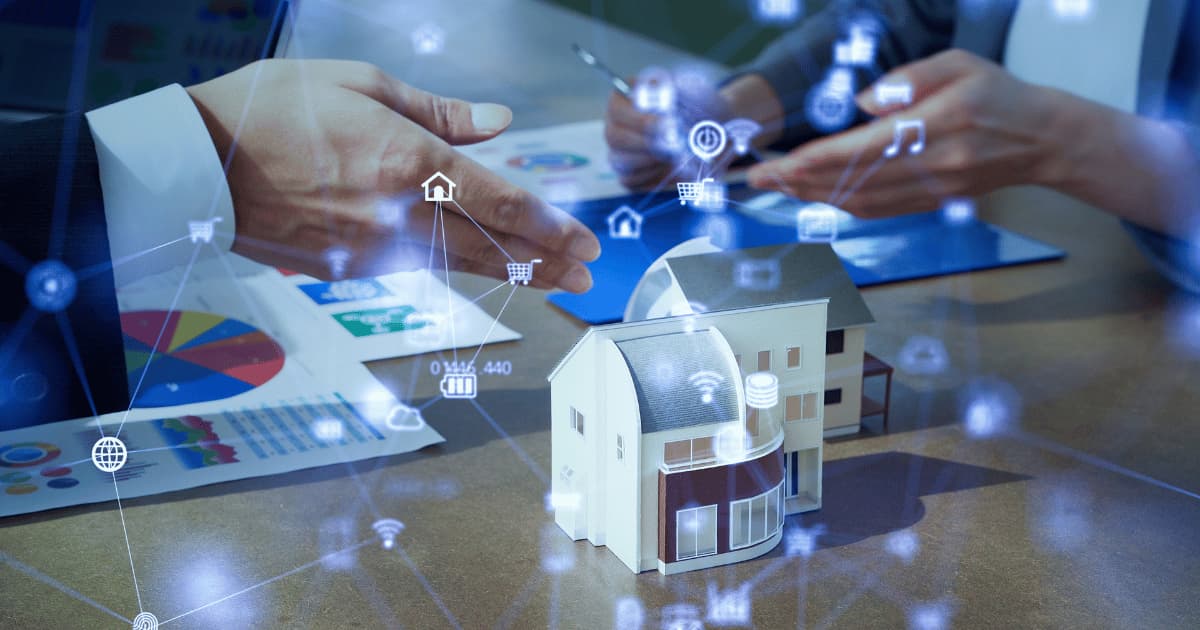Property management software (PMS) systems are advanced technological solutions designed to assist businesses in handling their everyday tasks with greater convenience and productivity. These systems cover a broad spectrum of activities within an organization. Through functionalities such as scheduling, organizing tasks, monitoring occupancy status, and overseeing accounts, among others, these software solutions are integral to the smooth and efficient operation of businesses.

As the business community increasingly seeks to minimize reliance on multitasking employees—where human errors are more frequent—automated tools like property management software have surged in popularity. These software systems act as centralized, online hubs that effectively automate workforce tasks, significantly boosting overall productivity. By optimizing the process of data recording, management, and task execution, this software has become an indispensable resource.
Key Considerations for Choosing the Right Property Management Software Tool
When you set out on the path to identify the best property management software suitable for your needs, it critical to consider several essential factors that will ensure your decision aligns perfectly with your business objectives.
Identify Specific Requirements
Before you make a substantial commitment to invest in property management solutions, including purchasing, installing, and integrating into current systems, it crucial to clearly define what your business specifically needs. This involves addressing targeted questions to determine the exact capabilities the software should have, such as managing rental agreements and leases or handling financial tracking and maintenance control. Furthermore, companies need to decide if their primary focus is on residential or commercial properties and assess how scalable their needs are. Once these aspects are clearly detailed and matched by an effective tool, businesses can proceed confidently, knowing that the software will competently support and enhance their various operational activities.
Evaluate Data Security and Privacy Features
One of the principal reasons businesses transition to property management software is to improve their data protection capabilities. These digital platforms offer far superior security than what typically achievable by human staff alone. Considering the handling of sensitive data like maintenance logs, financial records, and tenant information, extensive data protection measures are essential. This includes implementing strong encryption methods and regular backups to guard against potential breaches or loss. Utilizing multi-factor authentication is crucial for bolstering security, and advanced data security measures should be applied to protect both company and client information thoroughly. Ideal property management software solutions offer robust data protection, complete with stringent access management protocols.
Facilitate Fast Invoice Processing and Effective Billing
In industries such as hospitality, property management solutions are vital. For example, hotels often face a steady influx of clients, which can create pressure for front-desk personnel to manage invoicing and payment collection—tasks that can become error-prone without automation. Luckily, these software tools manage such responsibilities seamlessly. When selecting a PMS tool, it essential to focus on a user-friendly interface that simplifies invoice creation and facilitates smooth bill collection. If a tool interface proves to be unwieldy and causes unnecessary delays, reassessing the investment would be prudent.
Emphasize Easy Implementation and Intuitive Design
Businesses typically favor software solutions that can be swiftly implemented and become fully operational in a short period. Prolonged installation and integration phases, particularly when aligning with existing systems and interfaces, can pose significant disruptions. Optimally, the software should feature a straightforward interface that promotes ease of use across various departments, including the front desk and housekeeping. When property management software operates efficiently, it can greatly enhance a company overall productivity.
Attributes of Property Management Software Tools
Property management software tools are equipped with a diverse range of features that render them essential assets in numerous industries.
Managing Rental Payments
These solutions provide functionalities that enable efficient management and tracking of rental payments. They allow business owners to effectively oversee upcoming receivables and payables, as well as monitor any outstanding balances owed by tenants or clients.
Enhancing Customer Support
A notable advantage of property management systems is their capacity to aid in tracking critical dates, such as lease renewal and rent payment deadlines, thereby enriching customer service experience and interactions.
Financial Management and Record Keeping
Sound financial management is vital for business success, and property management systems streamline these processes. They facilitate the upkeep of precise financial records, create ledgers and balance sheets, and support flawless execution of various financial tasks.
Expenses Associated with Developing Custom Commercial Property Management Software
While unforeseen costs might emerge, developing custom property management software typically ranges from $40,000 to $250,000. Several factors influence this budget, such as the quality of the UI/UX design, the features incorporated, the technology infrastructure employed, and the geographical location of the development team.
Leading Property Management Software Solutions
Several notable software tools, including Rent Manager, Guesty, Rentec Direct, PayHOA, TenantCloud, and Buildium, are extensively utilized across different industries. They support a wide array of functions such as managing short-term rentals, facilitating efficient rent collection, managing tenant information, and overseeing comprehensive maintenance tasks for properties.





